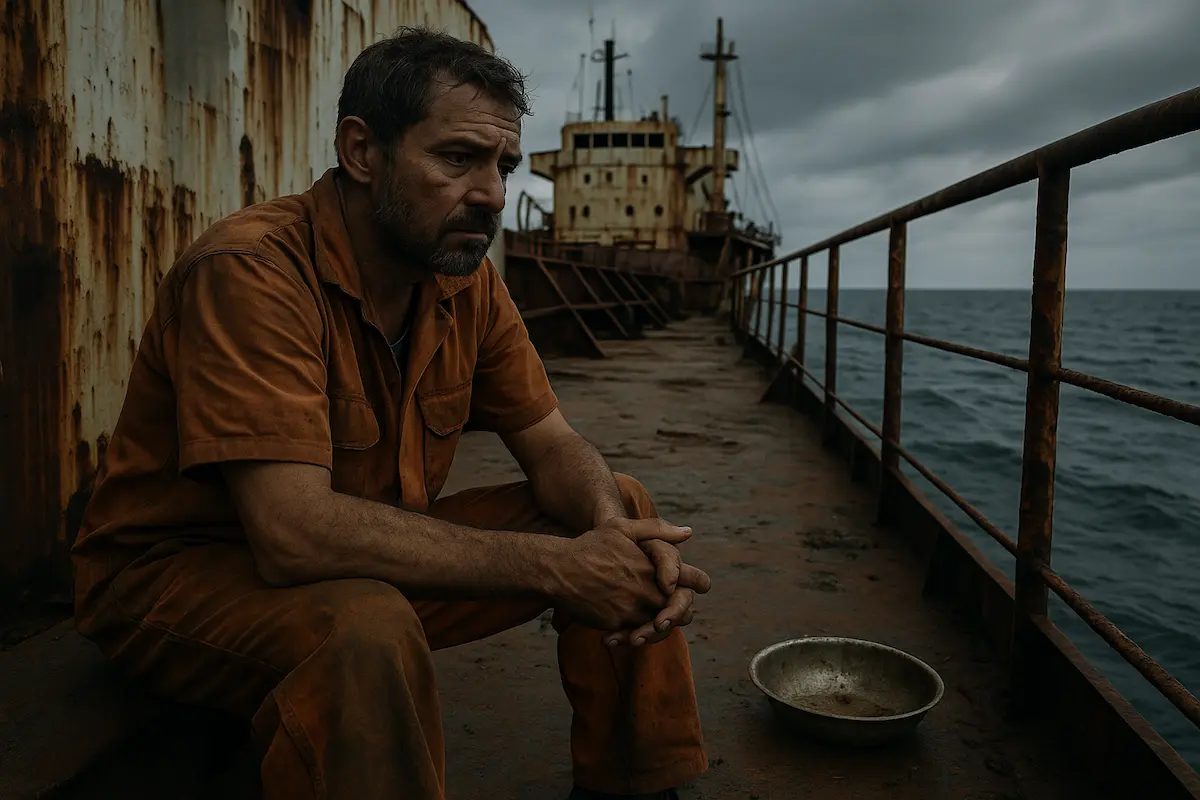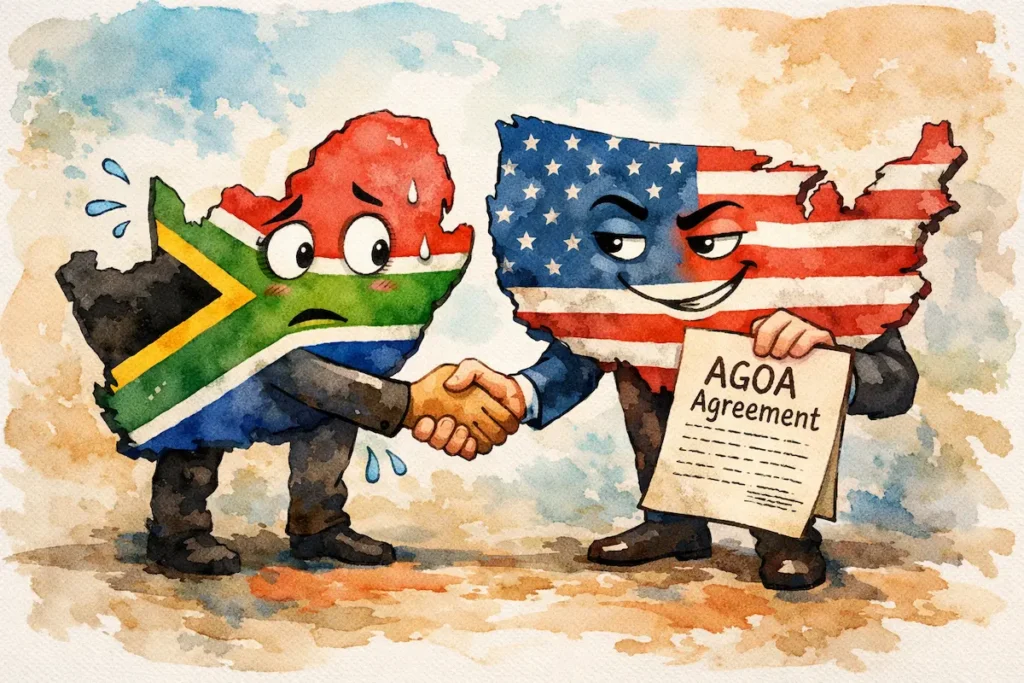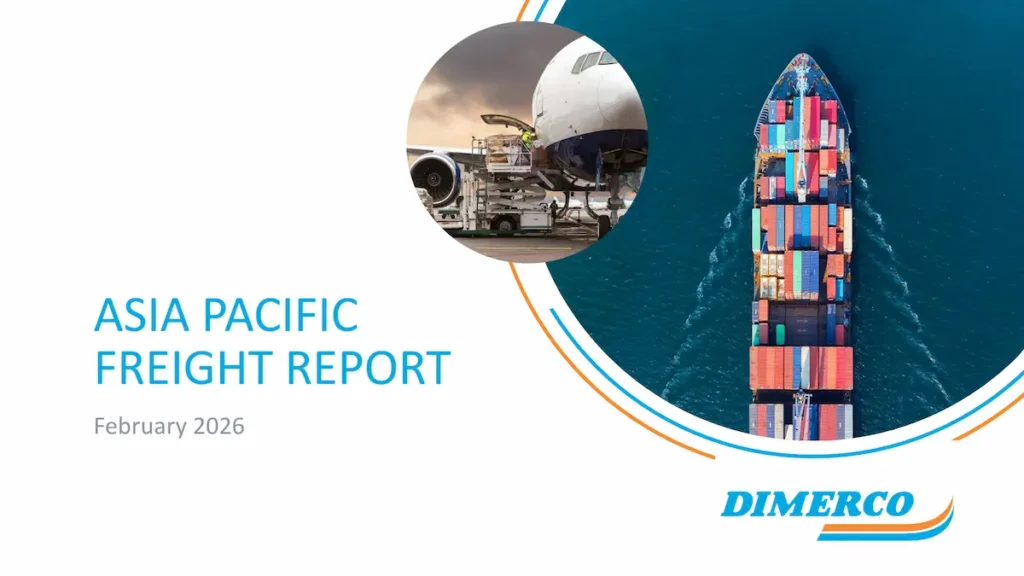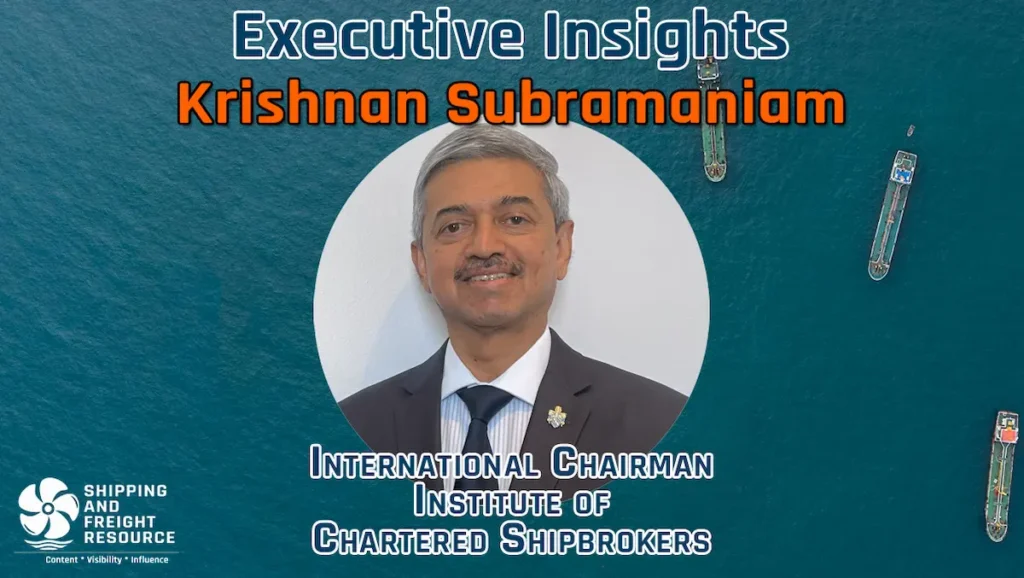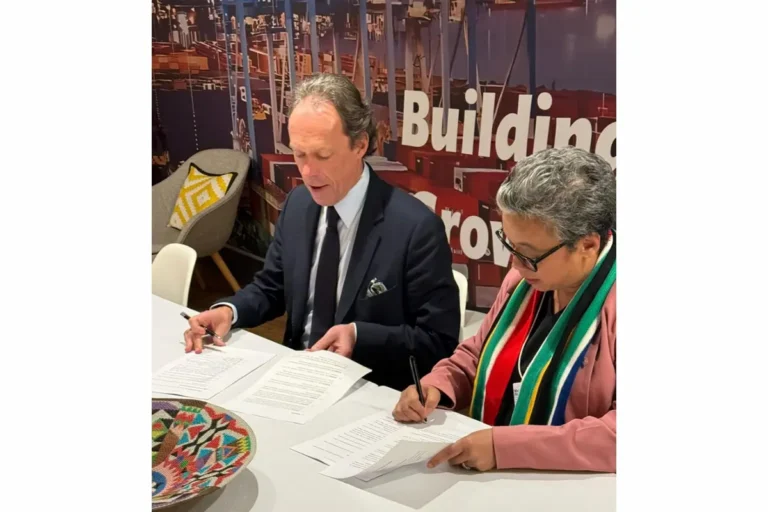What does it feel like to be forgotten..?? Not just overlooked, but truly, systematically abandoned..
Left adrift in the middle of nowhere on a ship that is slowly falling apart, watching the food dwindle and the hope wither with each passing day..
For many seafarers in 2025, this is not a distant hypothetical, it is their everyday reality..
The latest figures released by the International Transport Workers’ Federation (ITF) paint a grim picture of a growing crisis at sea.. In just the first half of 2025, the ITF documented a 30% surge in seafarer abandonment cases compared to 2024..
A staggering 222 ships, and over 2,286 seafarers, were officially recorded as abandoned, with unpaid wages totalling more than USD 13 million.. That is not just a number, it is food not sent home, school fees unpaid, and lives left hanging in bureaucratic limbo..
Steve Trowsdale, the ITF’s Inspectorate Coordinator, did not hold back in his assessment.. “Every single case of abandonment is a disgrace,” he said.. “It is an intentional abuse of human rights.”..
This is not accidental neglect.. It is deliberate exploitation.. And sadly, the scale and patterns of the problem point to deeper, systemic failures..
Who is responsible for this travesty..??
One of the most alarming patterns is where this is happening.. The Gulf region, particularly the United Arab Emirates, has emerged as a hotspot for abandonment cases, with nearly 37 percent of the global total originating from Arab countries..
Europe is not far behind, with 34 percent of the cases, many involving vessels flagged under so-called “Flags of Convenience”, a euphemism for jurisdictions with loose regulations and even looser enforcement..
Now pause here for a moment.. Think about that phrase, “Flag of Convenience”.. The term itself betrays the problem.. Convenience for whom..?? Certainly not for the seafarers who remain stranded onboard, often without fuel, food, or even the ability to call for help..
Nearly 75% of abandoned vessels were registered under Flags of Convenience (FOCs), such as St. Kitts & Nevis, Tanzania, and Comoros.. These registries offer anonymity and minimal oversight, allowing shipowners to evade responsibility when financial trouble strikes..
The ITF warns that this parasitic system enables exploitation and undermines international labor standards..
Abandonment adds to the issues plaguing Seafarers
This crisis is not unfolding in isolation.. Abandonment is only the most visible symptom of a broader sickness that continues to undermine the maritime industry’s social contract with its workers..
We have reported on other worrying trends in seafarer welfare over the past year.. Shore leave, for instance, once considered a basic right for physical rest and mental relief, is becoming an endangered concept..
A landmark report released earlier this year by the Seafarers’ Trust in partnership with the World Maritime University revealed that more than a quarter of seafarers do not get any shore leave during their contracts, which typically last around 6.6 months..
Even when shore leave is granted, it is often limited to a few rushed hours ashore, and at times it is so prohibitively expensive that many do not even consider it worth pursuing..
One seafarer put it starkly.. “After a long sailing, we feel exhausted.. Shore leave is our right, but now, ports have found ways to deny it or impose heavy charges.. It is like they do not want us to exist off the ship.”..
Then there is the issue of criminalisation.. In recent times, seafarers have found themselves increasingly caught in complex legal webs, detained for reasons beyond their control, or made scapegoats for commercial disputes..
Seafarers and conflict zones
When we are on land, if there is a conflict or strike, etc, it is easy for us to simply walk away or go another route..
But seafarers are sometimes sent into active conflict zones without proper risk assessments or war-like operation classifications, and in some cases against their wishes, eroding their safety and dignity..
David Heindel, Chair of the ITF Seafarers’ Section, has called for these zones, especially areas like the Strait of Hormuz and parts of the Red Sea, to be formally designated as War-like Operations Areas..
This, he argues, would at least ensure that seafarers have the right to refuse sailing into danger without risking their livelihoods, and would also entitle them to proper compensation and evacuation protocols..
To compound matters, some seafarers are still operating with expired or extended certificates due to the backlog caused by the pandemic.. This not only puts them at risk professionally but also undermines the very safety standards that the industry claims to uphold..
Why are shipowners allowed to get away..??
In the face of all this, the ITF has been stepping up pressure.. But while inspectors, unions, and legal teams work tirelessly to repatriate abandoned crew and recover unpaid wages, the bigger question remains, why are shipowners still allowed to get away with this..??
The ITF believes part of the answer lies in the lack of meaningful enforcement from certain flag states and port states.. “Rogue shipowners know they can abandon ships in places like the UAE and Turkiye and face no consequences,” said Trowsdale.. “The legal and institutional mechanisms to prevent abandonment exist under the Maritime Labour Convention, but they are only effective if they are used.”..
And that is the crux of the matter.. The world has regulations, treaties, and maritime codes.. But unless they are enforced with the same vigour as commercial rules or environmental penalties, they become little more than paper shields for those at sea..
Way forward or more of the same..??
So what happens now..?? Is this just another cycle in the maritime news machine, soon to be replaced by the next crisis..?? Or will the industry, governments, shipowners, charterers, ports, finally confront the uncomfortable truth that seafarers are being sacrificed for operational convenience..??
At Shipping and Freight Resource, we believe that this moment should be a turning point.. Not just for seafarers, but for the conscience of global trade.. After all, without the people who move the cargo, there is no supply chain to speak of..
If we are to restore trust and dignity in shipping, then we must start by protecting those who make it all possible.. Not tomorrow.. Not in another report.. But now..

